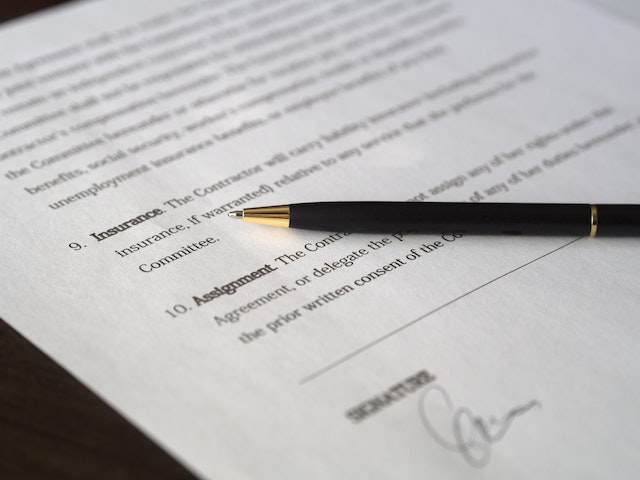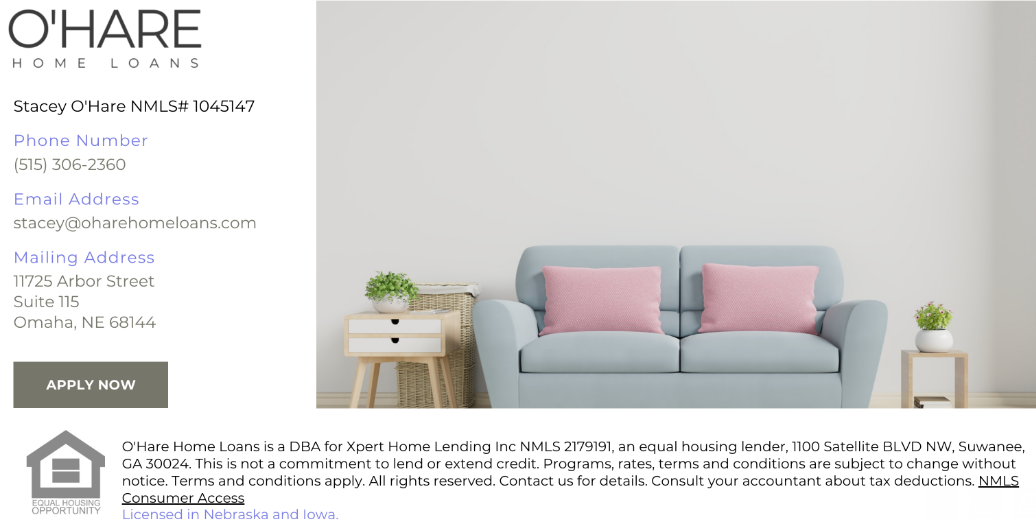What You Should Know About Omaha HOAs
 When considering a move, Omaha homeowners associations deserve careful attention alongside the home itself, as they can profoundly impact your experience in a neighborhood. Living under the oversight of such an organization has potential advantages, but also notable drawbacks.
When considering a move, Omaha homeowners associations deserve careful attention alongside the home itself, as they can profoundly impact your experience in a neighborhood. Living under the oversight of such an organization has potential advantages, but also notable drawbacks.
Before making an offer, investigate thoroughly to ensure you understand the association's rules and their implications for your lifestyle.
What Is An HOA?
Homeowner associations (HOAs) are governing bodies in many communities. They are commonly found in gated neighborhoods, planned communities, and apartment and condo buildings. HOAs are funded and operated by residents, with oversight by a board of directors.
Homeowners associations (HOAs) hold meetings, draft budgets, and enforce regulations and rules. The rules established by an HOA are legally binding.
When properly managed, homeowners associations (HOAs) can increase Omaha property values by maintaining community standards for home and lawn appearance. However, poorly run HOAs can impose excessive costs and bureaucracy that make homeownership difficult.
Members of Homeowners Associations (HOAs) typically pay monthly, quarterly, or yearly dues to maintain shared amenities like clubhouses, pools, walkways, and lighting. HOA fees range significantly based on location and neighborhood, from as little as $50 a month to several thousand dollars per month.
How Do the Rules of an HOA Work?
If you are considering buying a home in a community with a homeowners association (HOA), it is crucial to thoroughly understand the HOA's rules, known as conditions, restrictions, and covenants.
Most HOA rules govern the exterior appearance of homes, such as lawn maintenance standards and approved paint colors for houses. For condominiums and apartments, HOA rules may also address interior issues like pet ownership.
If you don't follow your Homeowners Association rules, you will first receive a request to comply. Continued noncompliance may result in fines, and further violations could ultimately lead to a lawsuit.
Additionally, if you don’t pay HOA fees, the board can put a lien on your home or even require you to foreclose.
What to Find Out About an HOA Before Buying
If you’re looking at a home with an HOA, the following are things to find out or ask your real estate agent to find out for you:
- To get a sense of the board members' priorities and how they conduct HOA business, try to attend a meeting or, if that's not feasible, request a copy of the meeting minutes. Reviewing the minutes will reveal how the board interacts and whether they prioritize residents' well-being.
- Unless your homeowners association (HOA) maintains good financial standing, you may face unexpected assessments to fund necessary community repairs and improvements.
- Are there are a lot of issues between the board and homeowners?
- You'll need to think about whether the HOA's rules will align with your lifestyle and if you're comfortable with that level of oversight over your home and living space.
- Go over, in detail, what HOA fees will include.
When buying a home in Omaha, remember that HOA fees and restrictions could reduce resale value in the future. Over time, rising HOA fees may price out potential buyers and shrink your pool of prospects when you want to sell.
Ready for more homeowner tips? Remember to follow us on our Facebook page!
If you've decided to sell or buy this year...congratulations! What an exciting time for you. We're here to assist you every step of the way. Call our family team of experts today and we'll get down to business crafting your plan for real estate buying and selling success!





 It's common to hear the term "all-cash buyer" during real estate shows. It's often used as a way to sweeten a deal, but what's the reality? You can buy a house in Omaha with cash or with a mortgage, and each has its own pros and cons.
It's common to hear the term "all-cash buyer" during real estate shows. It's often used as a way to sweeten a deal, but what's the reality? You can buy a house in Omaha with cash or with a mortgage, and each has its own pros and cons. Are you buying a home in Omaha or plan to sell your Omaha home? If so, you may be dreading the moving process. To be honest, it's never easy. But there are ways to make the process go more smoothly and with less stress. Here are some tips to help your nest move a successful one.
Are you buying a home in Omaha or plan to sell your Omaha home? If so, you may be dreading the moving process. To be honest, it's never easy. But there are ways to make the process go more smoothly and with less stress. Here are some tips to help your nest move a successful one.









